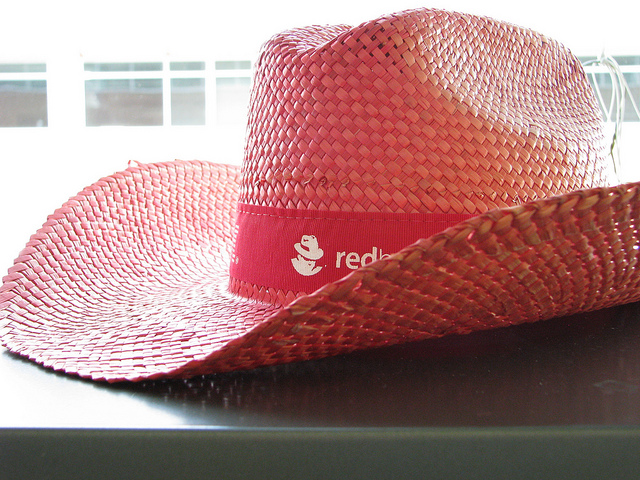 INFRA
INFRA
 INFRA
INFRA
 INFRA
INFRA
Red Hat Inc. has made the next major update to its Red Hat Enterprise Linux platform generally available, sporting new features focused on boosting performance and security.
The RHEL 7.4 release has been in beta since May. The new features include enhanced audit and forensic capabilities that are necessary for companies using the platform to protect themselves against evolving threats and vulnerabilities, Red Hat officials said.
The new audit capabilities have been made available thanks to new subject and session ID filters in the base Linux software, and a new human-readable “log normalizer” technology that simplifies how audit system events are logged. With these changes, administrators can now glean more information from critical events and respond more appropriately.
Given Red Hat’s embrace of software containers, the company has also worked to improve RHEL 7.4’s container security features. RHEL 7.4 comes with support for Security Enhanced Linux with OverlayFS. SELinux is a Linux kernel security module that provides a mechanism for supporting access control security policies. OverlayFS is a read-only file system that layers containers atop of each other. Taken together, they provide the ability to use Docker software containers and namespaces together for fine-grained access control.
Red Hat has also worked to improve the performance of clusters, which are groups of servers and other resources that act like a single system to enable high availability. The updated platform now supports something called Quorum devices, which are storage units shared by multiple network nodes.
“Red Hat Enterprise Linux 7.4 provides full support for the ability to configure a separate quorum device which acts as a third-party arbitration device for the cluster,” Red Hat’s release notes state. “Its primary use is to allow a cluster to sustain more node failures than standard quorum rules allow.”
There’s also support for the Booth cluster ticket manager, which is software that allows disparate, high-availability clusters to coordinate resource management. “The Booth ticket manager facilitates a consensus-based decision process for individual tickets that ensure that specified resources are run at only one site at a time, for which a ticket has been granted,” Red Hat said in the notes.
RHEL 7.4 also introduces System Roles as a technology preview. This new technology provides a common management user interface across all versions of RHEL, allowing automated workflows to be created just once and then used across multiple deployments without any modifications.
THANK YOU